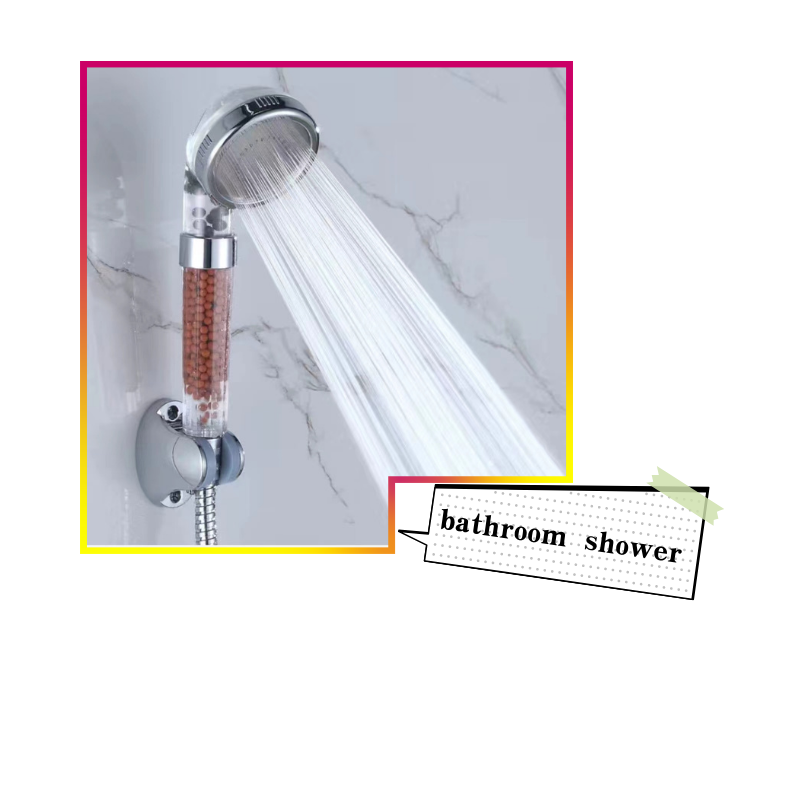
Applications and Benefits of Ferrous Powder in Various Industries and Technologies
Understanding Ferrous Powder Properties, Applications, and Advantages
Ferrous powder, primarily composed of iron or iron-based alloys, is a critical material in various industries due to its unique properties and versatility. It stands out as a vital component in the manufacturing of a range of products, from magnets to powdered metallurgy items. This article explores the characteristics of ferrous powder, its applications, and the advantages it offers across different sectors.
Properties of Ferrous Powder
Ferrous powder is characterized by its fine particle size, high purity, and magnetic properties. The powder is often produced through methods such as atomization, milling, and reduction of iron oxides. The particle size typically ranges from a few micrometers to several hundred micrometers, allowing for a wide range of applications.
One of the most notable properties of ferrous powder is its magnetic ability. This makes it an ideal ingredient for producing permanent magnets and electromagnetic components. Additionally, ferrous powder exhibits excellent compressibility, enabling it to be easily compacted into various shapes through processes like sintering. Moreover, ferrous powder can also exhibit good thermal and electrical conductivity, depending on its specific composition and particle arrangement.
Applications of Ferrous Powder
The applications of ferrous powder extend across numerous industries, including automotive, aerospace, electronics, and construction. Here are some key areas where ferrous powder is extensively utilized
1. Powder Metallurgy Ferrous powder is a primary material in powder metallurgy, where it is compacted into shapes and sintered to form solid components. This process allows for precise control of dimensions and properties, making it suitable for producing gears, bearings, and various automotive parts.
2. Magnet Production The magnetic properties of ferrous powder make it essential in manufacturing permanent magnets and cores for electric motors and transformers. These components are vital in various electronic devices, including generators and sensors.
3. Additive Manufacturing In recent years, ferrous powder has gained importance in 3D printing technologies, particularly in selective laser sintering (SLS) and metal binder jetting. These methods allow for the creation of complex geometries that would be difficult to achieve through traditional manufacturing techniques.
ferrous powder

4. Coatings and Inks Ferrous powder is also used in specialized coatings and inks. Magnetic inks, for example, are widely used in the printing of banknotes and secure documents, providing them with additional security features.
5. Construction and Engineering In civil engineering, ferrous powder is sometimes used to enhance materials like concrete and to produce reinforcing bars. Its addition can improve the mechanical properties of these materials, allowing for more durable constructions.
Advantages of Ferrous Powder
The use of ferrous powder offers numerous advantages, making it a preferred choice in many applications
- Cost-Effectiveness Ferrous powder is typically less expensive than many other metal powders, making it an economical choice for manufacturers.
- Efficiency in Production The powder metallurgy process is more material-efficient than traditional machining methods, as it tends to produce less waste. This process allows manufacturers to create complex parts without the need for extensive machining.
- Customization The properties of ferrous powder can be tailored based on the required application. By adjusting the composition and processing conditions, manufacturers can achieve desired mechanical and physical properties.
- Sustainability As the manufacturing industry moves towards sustainable practices, ferrous powder offers an environmentally friendly option. The powder can be produced from recycled materials, including scrap metal, reducing the demand for virgin resources.
Conclusion
Ferrous powder is an indispensable material in modern manufacturing, providing unique properties that cater to various applications. From powder metallurgy to electronics, its versatility and cost-effectiveness make it a valuable asset across multiple industries. As technology continues to advance, the role of ferrous powder will likely expand even further, leading to innovative applications and processes that enhance efficiency and sustainability. Understanding the properties, applications, and advantages of ferrous powder is essential for anyone involved in manufacturing or industry, making it a topic worth exploring in depth.
Share
-
Premium Talcum Powder Enhanced with GPT-4 Turbo | Soft & Long-LastingNewsAug.02,2025
-
Fly Ash Solutions Enhanced by GPT-4 Turbo | Sustainable InnovationNewsAug.01,2025
-
Natural Premium Bentonite Cat Litter - Superior ClumpingNewsJul.31,2025
-
Premium Resin Coated Sand - High Heat Resistance CastingNewsJul.31,2025
-
High Quality Silicon Carbide Grit for Abrasive ApplicationsNewsJul.30,2025
-
High-Quality Ceramsite for Plants & Gardening | Lightweight PebblesNewsJul.29,2025






